- Capabilities
- Industries
- About
- Insights
- Careers
- Contact
- Capabilities
- Industries
- About
- Insights
- Careers
- Contact

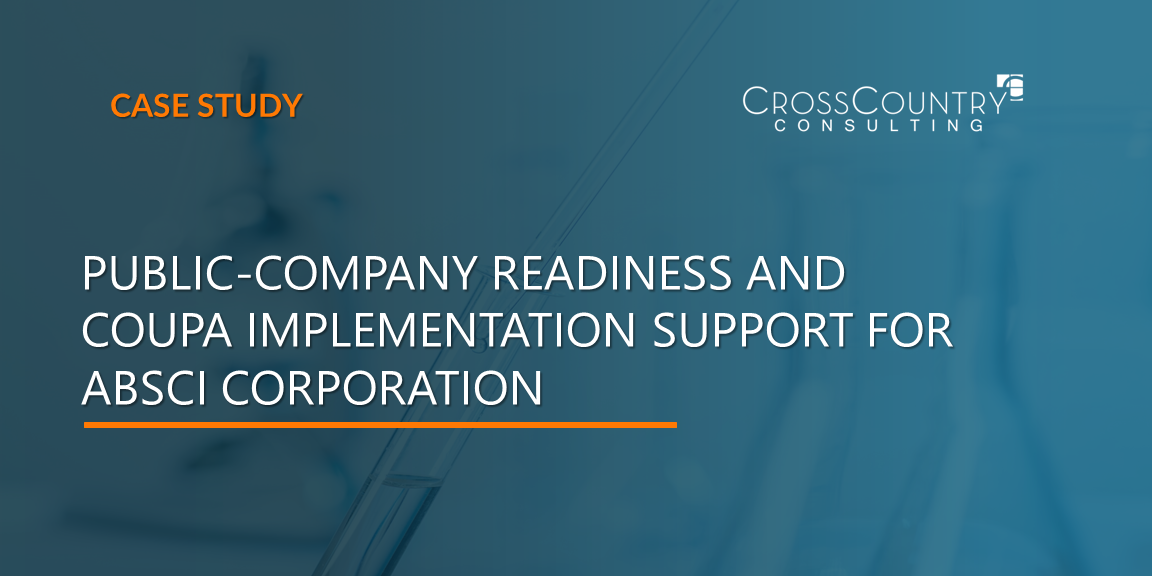




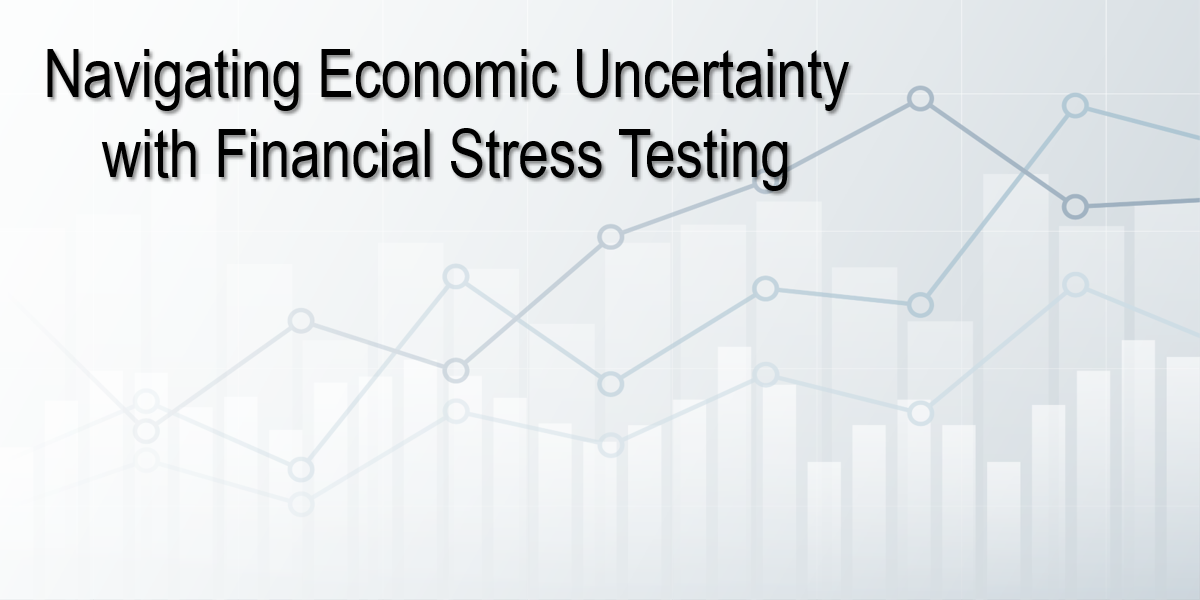
The economy is experiencing a fragile recovery from the ongoing COVID-19 pandemic. Despite the $2.2 trillion fiscal stimulus (CARES Act) passed in March, there is a growing sense that the recovery is..
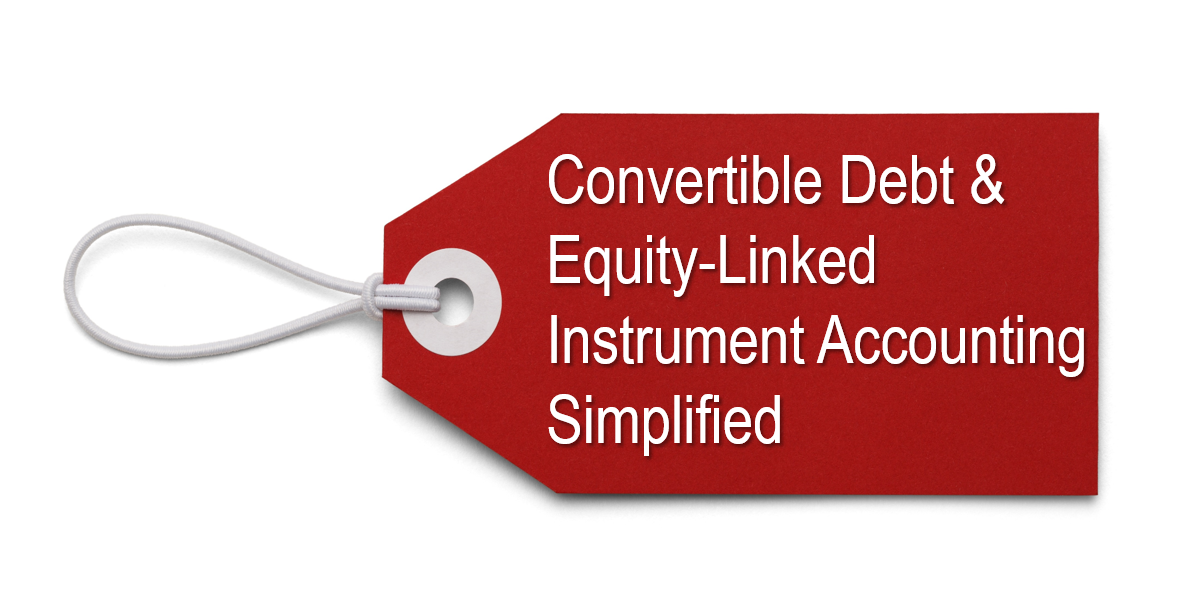
Companies tapping the capital markets in 2020 still need to apply old complex rules to account for convertible debt and equity-linked instruments. Accounting for these instruments has been..
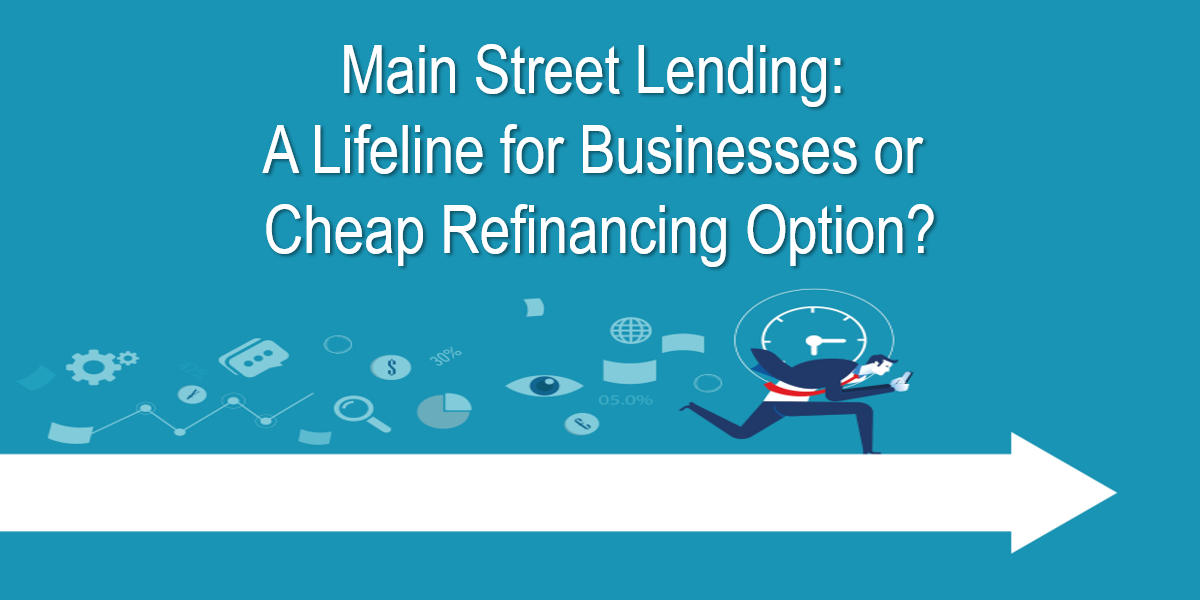
Over two months since it was first announced, the Main Street Lending Program (MSLP) has finally launched. Once registered, lenders will be able to start issuing loans under the program.
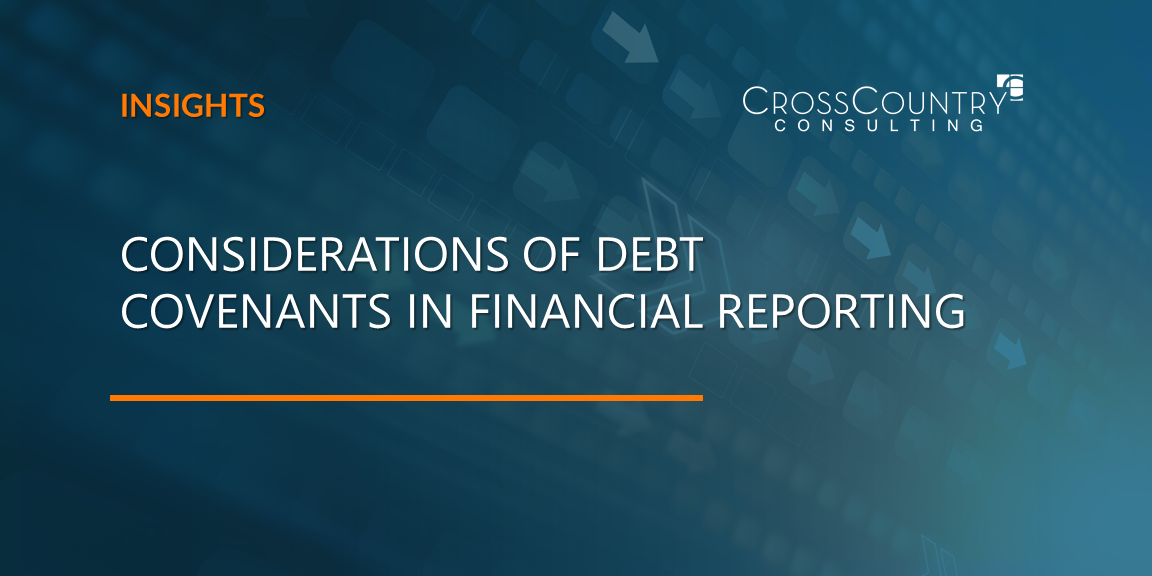

As lenders are continuing to deal with the high volume of loans under the Small Business Association’s (SBA) Paycheck Protection Program (PPP), they must also now look at how to plan for the upcoming..

As banks and other financial institutions are crossing the finish line to comply with the CECL accounting standard, many companies are finding it difficult to interpret their results. Even for..

As the impact of CECL begins to emerge, financial services firms have dominated headlines. Companies outside of this realm have taken varied approaches, and many have concluded that CECL will not..
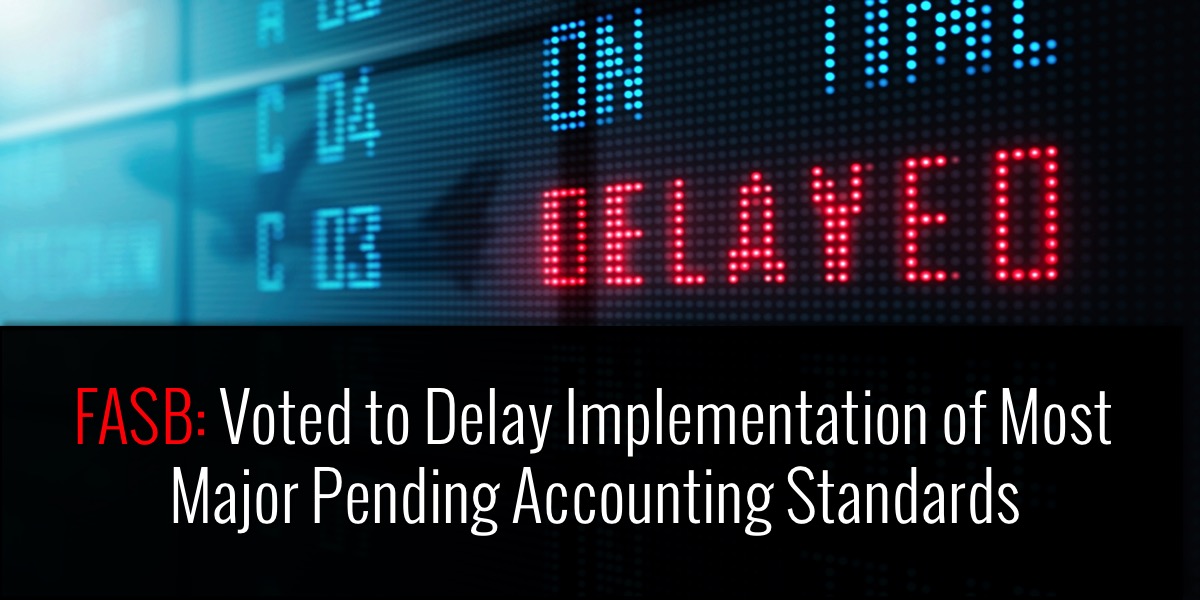


FASB’s proposed extension for qualifying entities has provided some relief to those impacted by ASC 326 or Current Expected Credit Loss (CECL). Those still concentrating on the January 1, 2020..
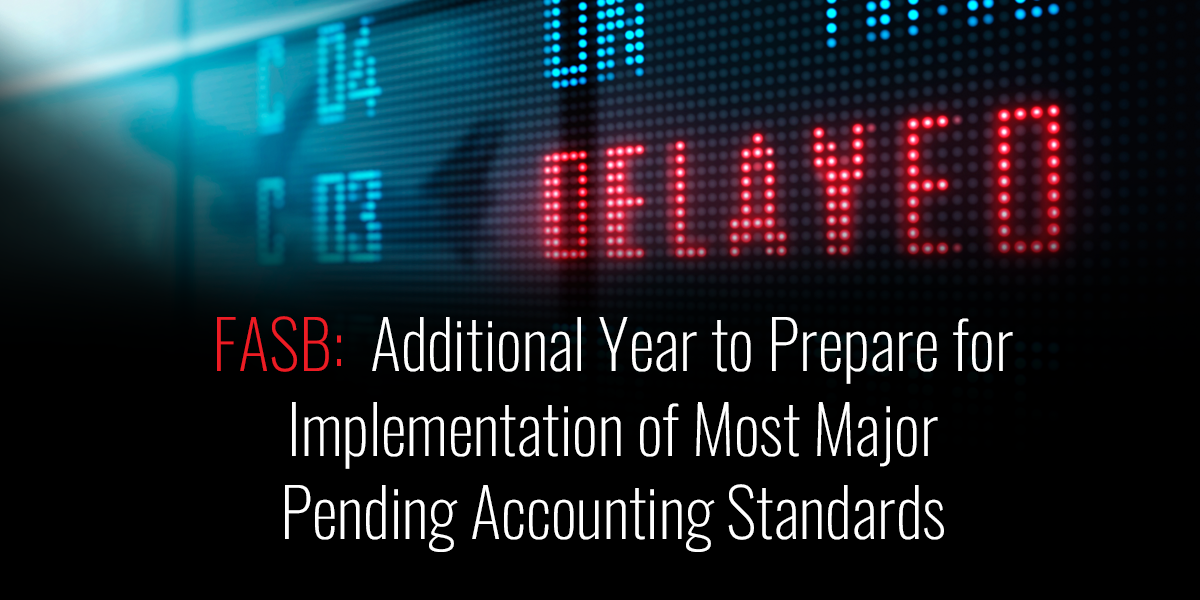
Yes. The FASB has proposed a delay in the effective date for several major accounting standards (Hedge Accounting, Lease Accounting, CECL and Insurance Accounting). This delay in..


CECL has been billed as the most profound accounting change to ever hit the financial services industry. CECL impacts virtually every regulated and non-regulated Financial Institution (FI) in the US..

Comment